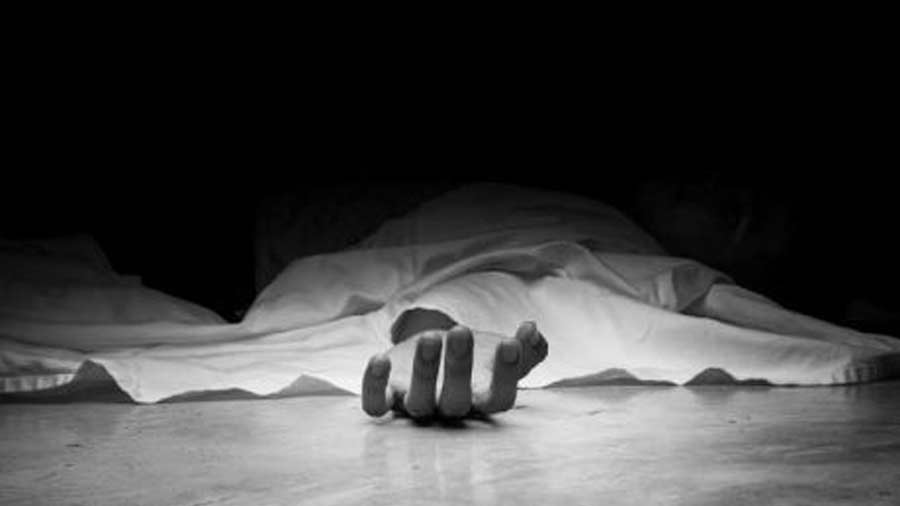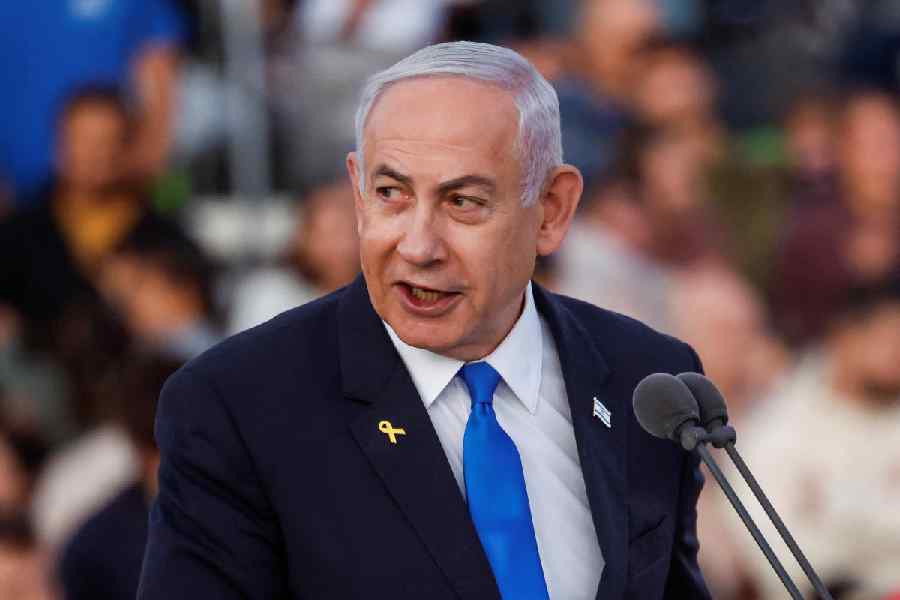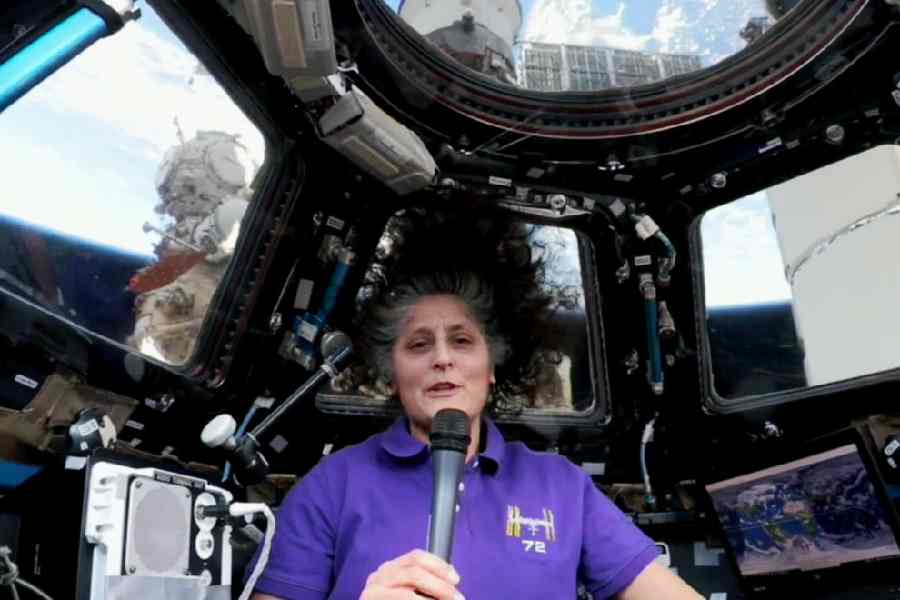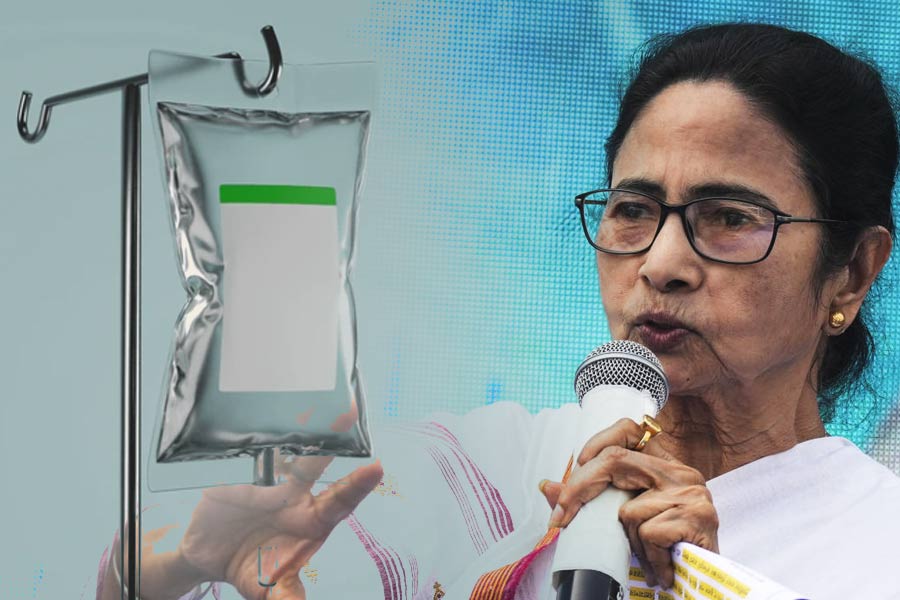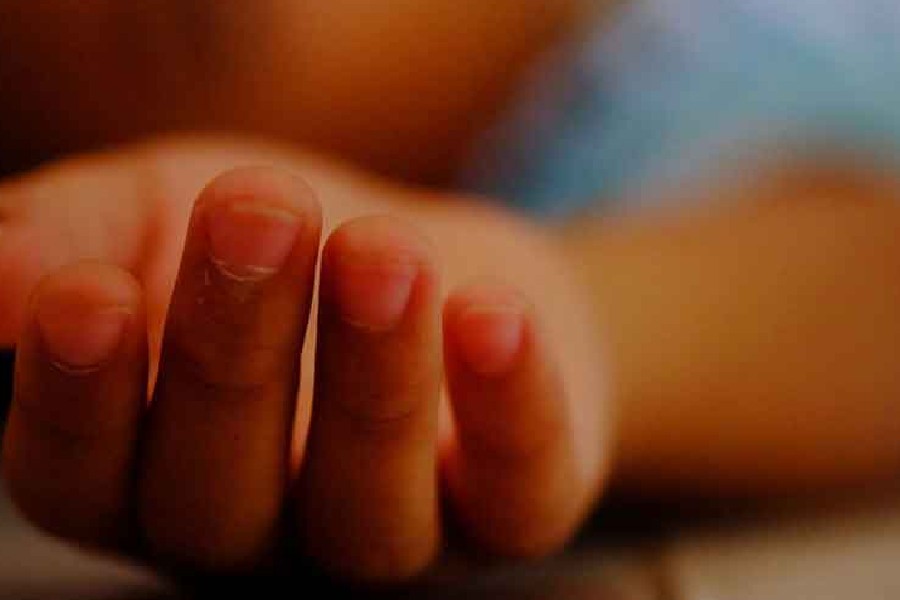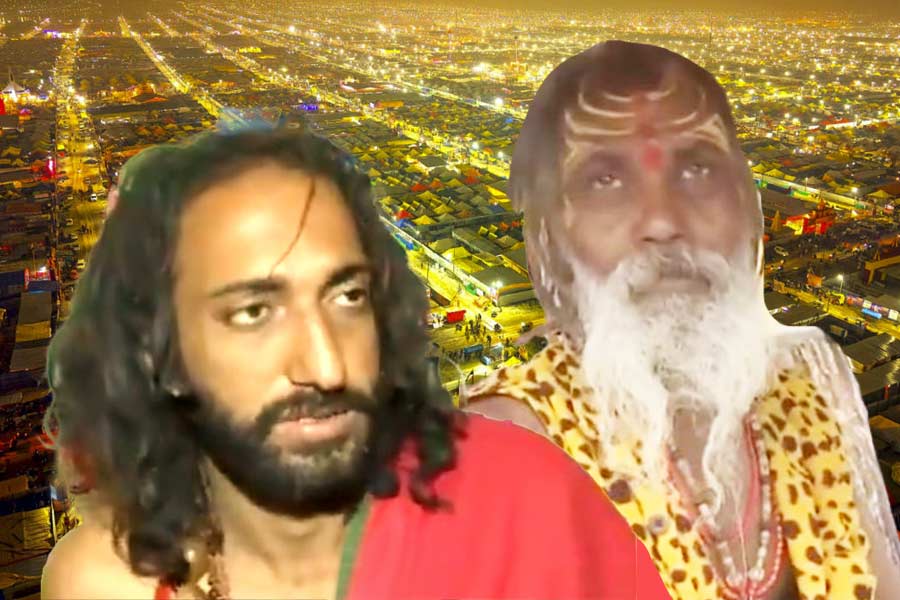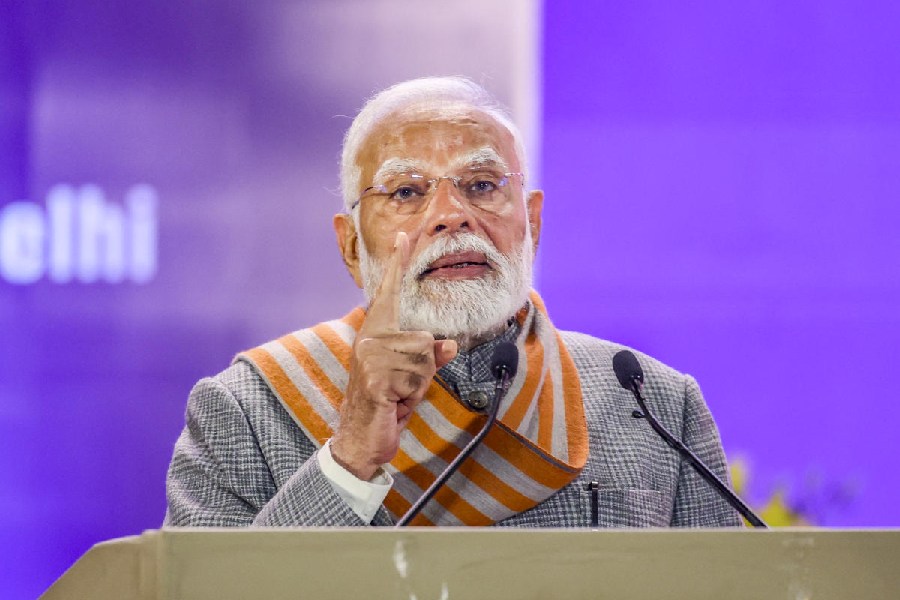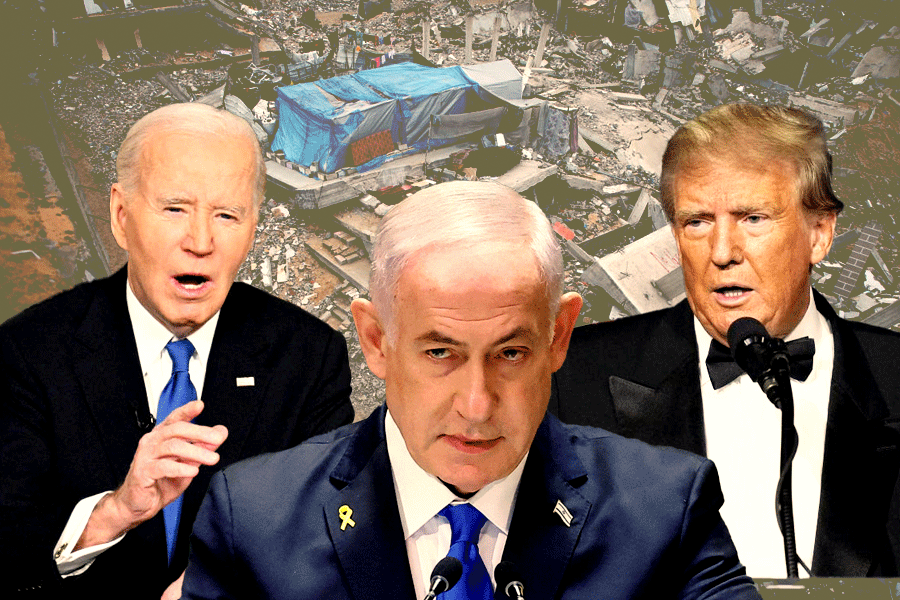Did he fall or was he pushed? That’s the question police are asking after Russian sausage tycoon and politician Pavel Antov fell to his death from the third floor of a hotel in the remote Rayagada district in Odisha at the weekend.
Antov is the latest in a bizarre string of deaths involving prominent Russian business figures. Antov was discovered dead on the roof of a single-storey building adjoining the main hotel on Christmas Day, three days after a friend and fellow lawmaker he was travelling with died suddenly in the same hotel.
There has been a long history of suspicious fatalities in Russia and beyond its borders under President Vladimir Putin’s rule. But this year has seen at least 18 high-profile Russian businessmen – many of them well-connected to the Kremlin – die as a result of what authorities have said is suicide or under odd circumstances.
International investigators, meanwhile, have raised the possibility the deaths may have been “staged suicides” or assassinations. The reason? Russia experts say it could be due to crossing – or failing – Putin as he pursues his invasion of Ukraine.
During the summer, Antov, who Forbes magazine reported had a net worth of $140 million in 2019, condemned Moscow’s airstrikes on civilian targets in Ukraine on social media. Antov noted one attack in which a Kyiv family was pulled from under the rubble and said that, “In truth, it’s extremely hard to call this anything other than terror.”
Antov, who was the founder of a popular meat company called Vladimir Standard and also a well-known regional politician in Vladimir, east of Moscow, later amended the post, calling the first version an “unfortunate misunderstanding” and emphasising that he had “always supported the Russian president” and backed the war.
Odisha’s director general of police Sunil Kumar Bansal has announced a Crime Branch probe into the “two unnatural death cases” as “foreign nationals are involved.” The term “unnatural deaths” includes those caused by accidents and suicides.
Police in Odisha say that Antov, a member of Putin’s United Russia party, likely “was depressed after his (friend’s) death”. Antov was part of a group of four Russians and had just celebrated his 65th birthday at Rayagada, a tribal district in southern Odisha.
Vladimir Budanov, Antov’s friend, was said to have been “discovered unconscious” in his hotel room amidst a pile of empty wine bottles on December 22 and was pronounced dead at a nearby hospital.
Police said a post-mortem found that Budanov, 61, had suffered a heart attack.
His body was cremated soon afterward.
Senior police chief Rajesh Pandit said Antov “was probably disturbed by the death of his friend” while the hotel owner, Kaushik Thakkar, said the Russian businesman had been “upset” by the cremation. The Russians were in Odisha as part of a 14-night “India Tribal Tour,” ANI news agency reported.
The Russian embassy in New Delhi said it was “aware of the tragic demise of two Russian citizens in Odisha.” and it has given permission for the cremation of Antov’s body once inquiries are completed.
While the Russian consul in Calcutta, Alexei Idamkin, called the Odisha police statements proof there was no “criminal element in these tragic events”, foreign media reports are pointing a finger of suspicion at the Russian government.
Anton is the most recent member of Russia’s elite to suffer an untimely demise. On December 4, real estate tycoon Dmitry Zelenov, 50, died after becoming ill during a meal with friends in France and falling down a set of stairs.
Alexander Buzakov, the wealthy director general of Russia’s Admiralty Shipyards, died at the weekend “suddenly and tragically” at the age of 66, according to Tass news agency which did not reveal the cause of death.
Back in September, Eurasiagroup head Ian Bremmer noted 12 suspicious high-profile Russian deaths so far for 2022 alone (the number has since risen sharply). “For those keeping track at home, 12 ‘threw himself from window/shot himself 7 times in the head,’ Bremmer tweeted, posting a chart of the deaths and their reported causes.
September stands out as a singularly bad month for Russian business executives. Ravil Maganov, the chairman of Russia’s second-largest oil company Lukoil, died after falling from a sixth-floor hospital window. Tass reported Maganov had been suffering from depression. Western media quoted friends as saying it was extremely unlikely Maganov would take his own life. Lukoil, which has one of the biggest Russian businesses presences in the US, had though gone against the Kremlin in calling for a “fast resolution” to the Ukraine conflict and expressed its “deepest concerns about the tragic events in Ukraine.
“Generally in Russia, if somebody dies in that way (as Maganov did), one should view it as suspicious,” says US businesmen Bill Browder, who was once Russia’s largest foreign investor and now is one of its biggest human rights critics. Browder noted many of the dead in 2022 were big players in the Russian oil and gas sector. “When people of all the same industry die that way, it looks to me like what I would call an epidemic of murder,” he said, adding though the motives were murky.
Browder said the deaths could reflect the Kremlin’s desire to extract more money from the lucrative energy sector to finance the war. Observers also say the killings could involve business disputes, hits on rivals or just knowing too much about corrupt practices.
Also in September, there was the death of Anatoly Gerashchenko, an advisor and former head of the Moscow Aviation Institute. He died after “flying down several sets of stairs” from “a great height" at the institute's office, according to Izvestia. Then, Ivan Pechorin, whose job was modernising Russia’s aviation industry, drowned after falling from his luxury yacht. His death came months after his 43-year-old boss Igor Nosov died of a “stroke.”
In May, another top Lukoil manager, Alexander Subbotin, was found dead near Moscow after reportedly suffering a drug-induced heart attack while visiting a shaman for a hangover cure. Three top Gazprom executives allegedly killed themselves in early 2022.
Two more businessmen with links to Gazprom died in apparent murder-suicide incidents in April. Russian multimillionaire Vladislav Avayev along with his wife and daughter were discovered dead with Avayev holding a pistol in his hand. Then in northern Spain, natural gas executive Sergey Protosenya’s wife and daughter were found stabbed to death in their beds and Protosenya was found hanging from a handrail without any bloodstains.
Rebekah Koffler, a former US Defense Intelligence Officer, said Russia and the former Soviet Union are known for orchestrating mysterious deaths via “poisonings, forced suicides,” shootings and other forms of violent death.
Back in 2006, former Russian spy turned dissident Alexander Litvinenko made headlines around the world as he died an agonising death in London after drinking tea laced with an extremely rare radioactive substance called polonium-210. A British judge ruled in 2016 that he had been murdered on the orders of Russia’s FSB security agency. The poisonings of Russian opposition leader Alexei Navalny in 2020 and Russian double agent Sergei Skripal in 2018 also drew world attention. Both survived the attacks. The Kremlin has denied responsibility for any of the incidents.

